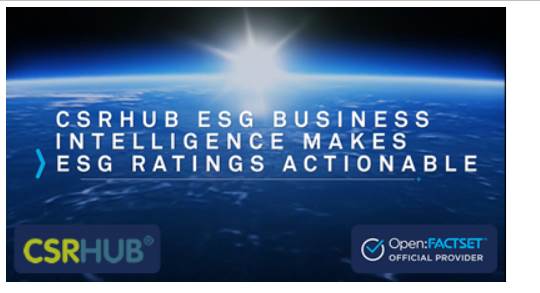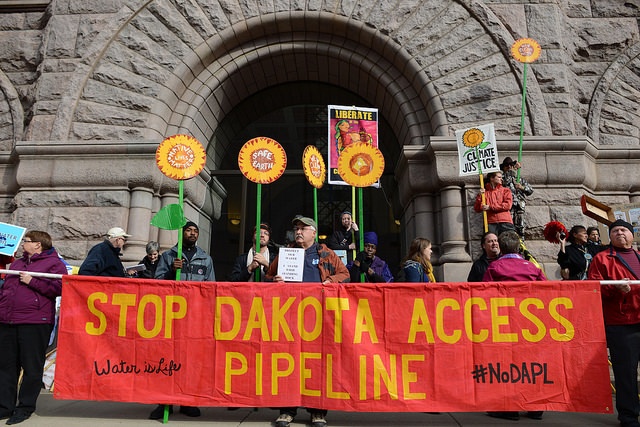The Role of Shipping in Mitigating Climate Change
By Carol Pierson Holding
The Port of Seattle’s CEO, Tay Yoshitani wants to run the greenest port in the country. Now that companies like Walmart and Costco are measuring the carbon footprint of their products as competitive differentiation, energy used by ship transport becomes an issue, including energy used at port stops. Yoshitani believes that the environment is a competitive issue, an ethical and economic opportunity. And 70% of cargo that goes through the Port is discretionary. It could go through another west coast port on its way to its final eastern destination.
Yoshitani’s team is working hard on his mandate. Installing the first self-powered Electric Rail Mounting Gantry Cranes to move cargo containers onto rail cars. Centralized air plant for grounded planes at SeaTac, lowering emissions and saving airlines $400,000 each year. Financial incentives and a “Green Gateway” flag for ships that use lower sulpher fuel at berth, which saves Elliott Bay in Puget Sound, and keeps the neighboring residents happy.
And yet all of these wins for Seattle’s environment might be wiped out by a decision that’s winding its way through the courts now which would make a port in Longview, 128 miles south of Seattle, the highest polluter on the West Coast. As reported by Climate Solutions, an Australia-based coal company is opening the door to make Washington the coal-export hub of the Pacific rim. The plan is to send low-grade coal mined in Wyoming and Montana — a grade outlawed in the US because is so toxic — on trains through the Columbia River Gorge through a Longview port, to be burned in China. And other coal companies are already lining up with their own proposals.
Why should Washington care about coal burned in China? I was in San Francisco the last time a windstorm carried clouds of black soot from China down the West Coast. The resulting pollution was so thick that we thought the East Bay Fires had started again. Burning dirty coal in China is certain to denigrate the air all along the West Coast, and the single point along its route where environmental concern is strong enough to block it will be the ports from which it is shipped.
Ports are used to being environmentally sensitive because they are on or adjacent to wetlands and other fragile habitats. They are also quite nimble, being between a state agency and a private company. And they have a lot of experience in “earth justice,” with a cadre of internal and external lawyers focused on environmental issues. The real issue is whether any law can protect our citizens from foreign-born pollution, even when it originates on our own shores. And the Longview, WA port is the test case.
Carol Pierson Holding is a writer and an environmentalist; her articles on CSR can be found on her website at http://www.holding.com/Index%20links/articles.html.


